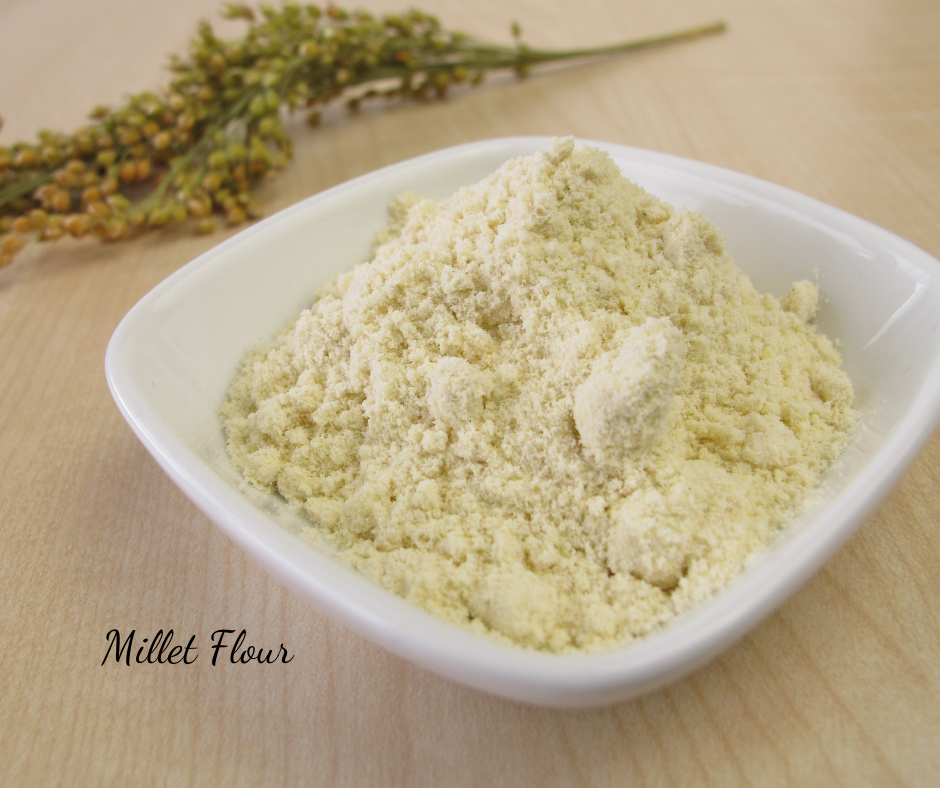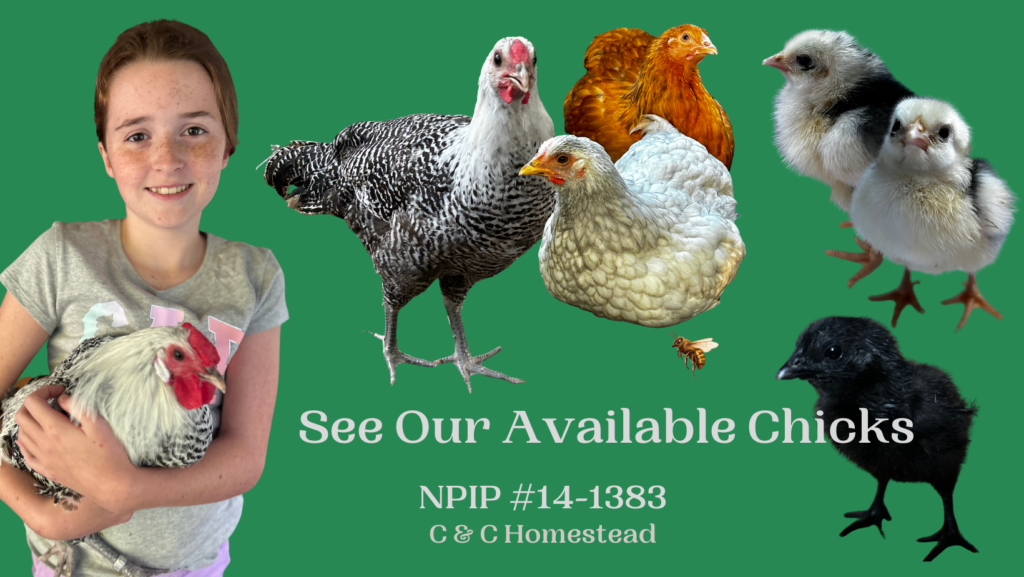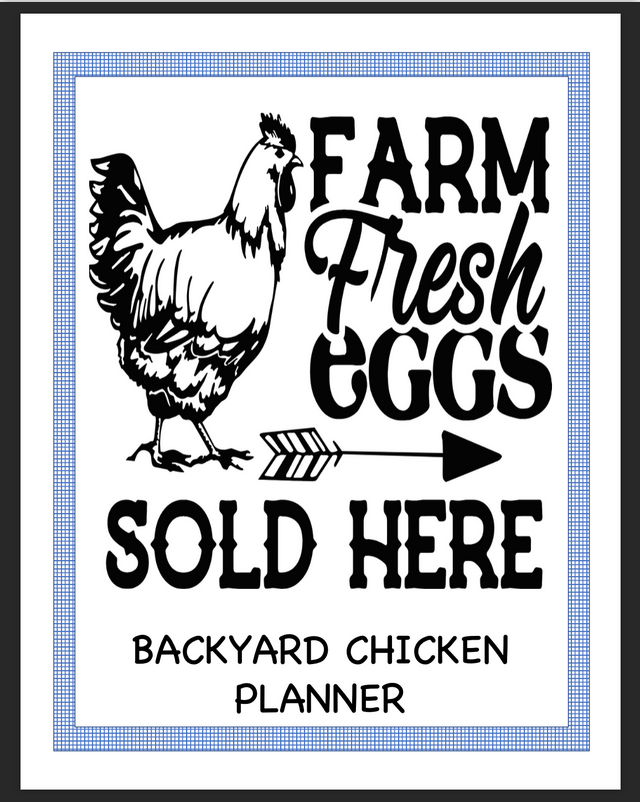Balancing Corporate & Homesteading Lifestyles
Healthy Flours For Dogs
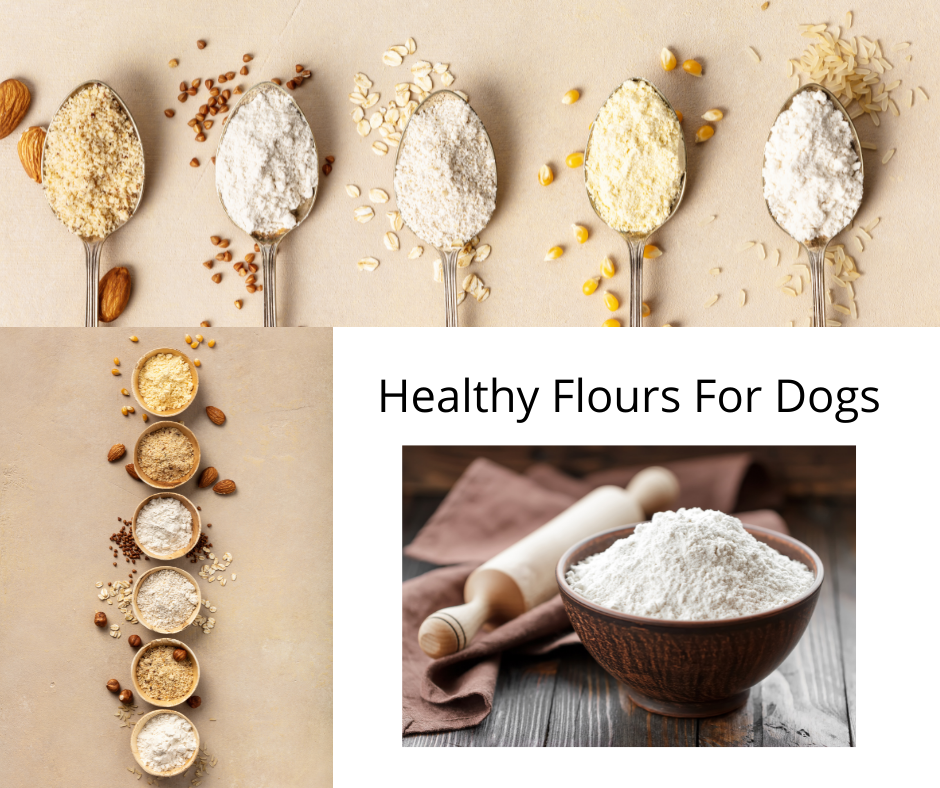
Making treats for your dog is an easy and healthy option when compared to many of the commercial treats available on the market. Best of all, this allows you to choose the best ingredients that are right for your dog.
Just some key things to remember when making your dog treats
- Always use moderation when feeding treats.
- Possible allergies: Some dogs may be allergic to some flours like pea or wheat.
- Buy organic: Many of the flours are simple to make at home but if you choose to purchase then best to choose organic flours.
- Meal replacement: Treats are not meal replacements.
- Consultation: Always consult with your veterinarian for questions or concerns.
- Mixing: I find mixing different flours to achieve the benefits and consistency is your best option. We do this all the time.
- Feed any treat sparingly: too much of anything is not a good thing.
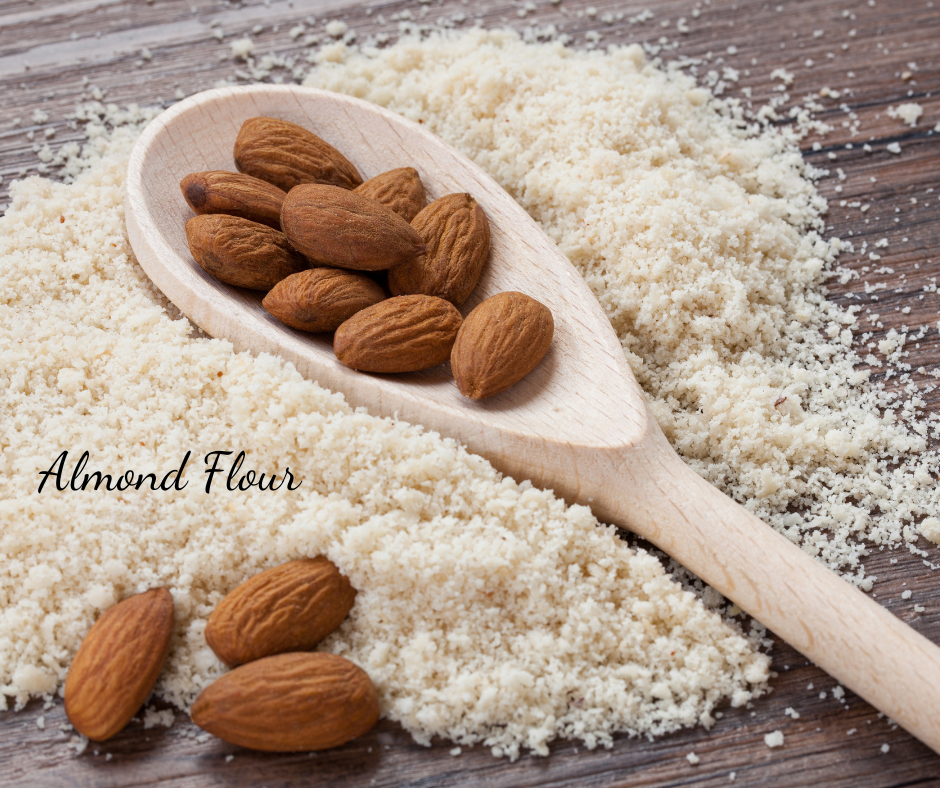
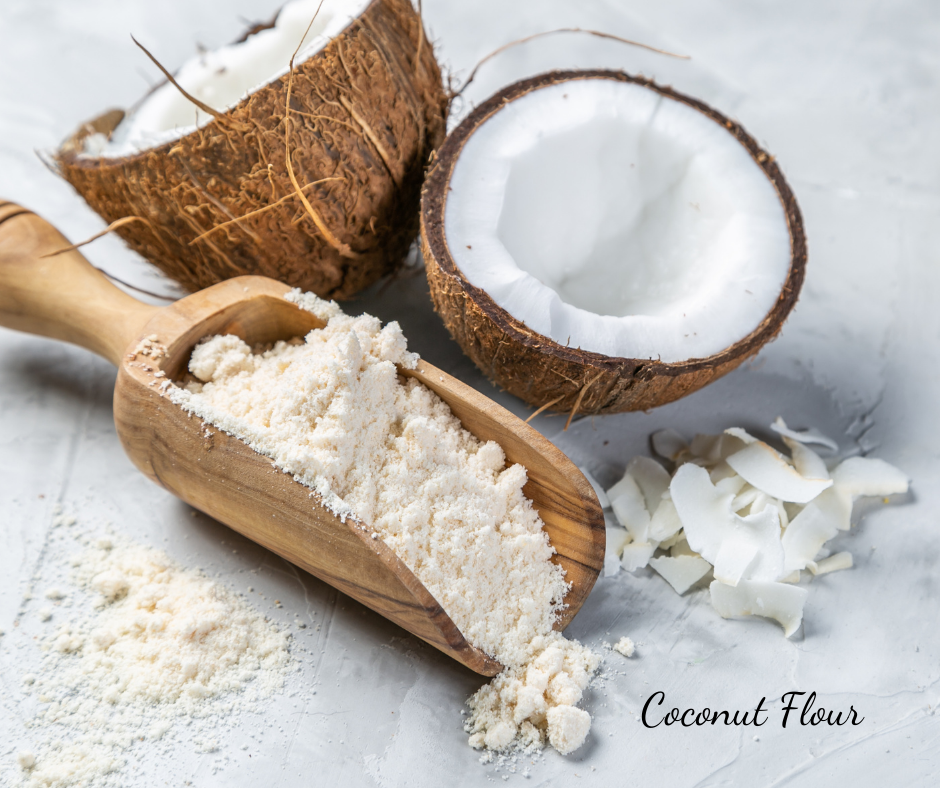
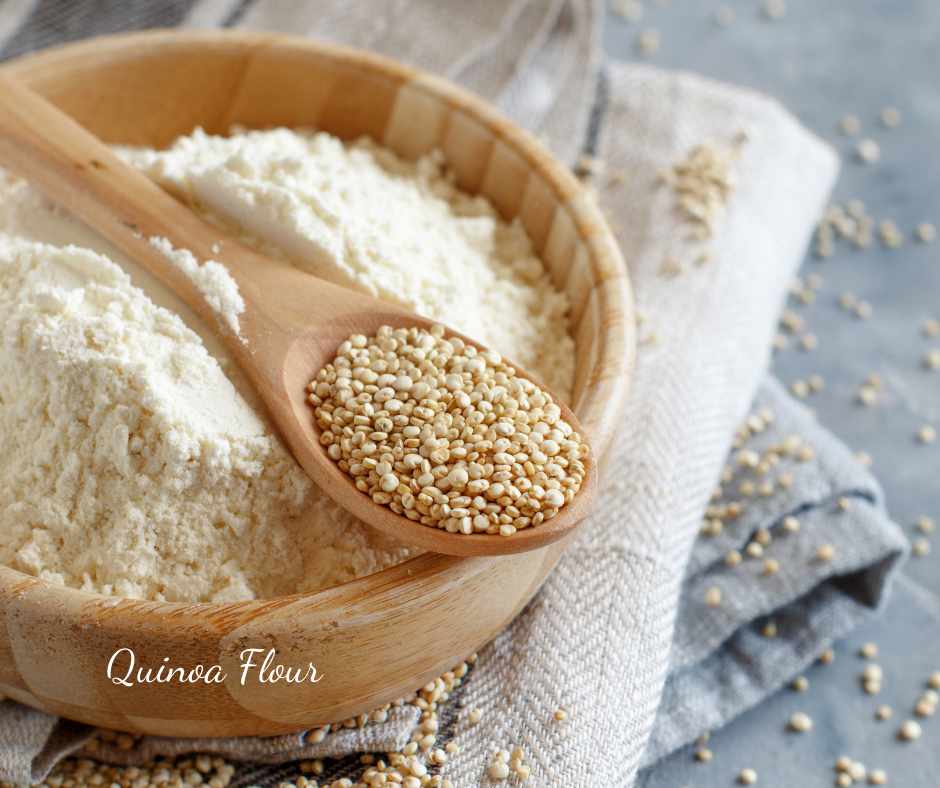
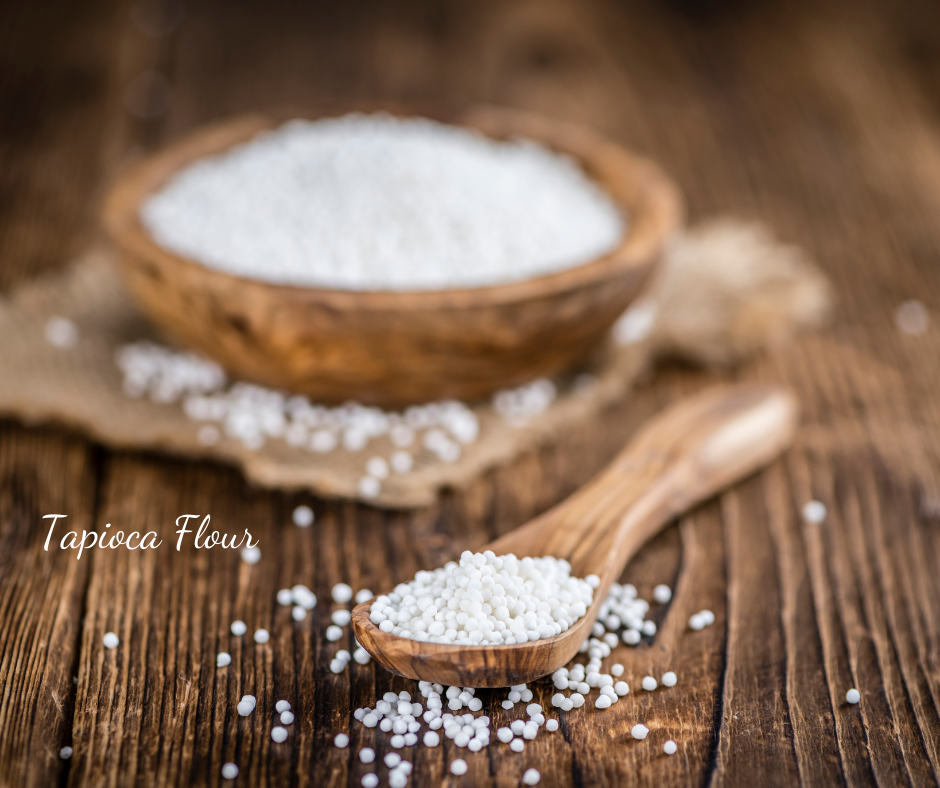
Grain-Free Flours
- Almond Flour: packed with nutrients and can make at home but use in moderation because of the high calorie content.
- Quinoa Flour: a great source of fiber and iron but doesn't hold it's shape well and not the best choice if using with a cookie cutter.
- Coconut Flour: high in fiber and not the best choice for dogs with allergies or IBS and can be sometimes hard to digest. It's heavier than some flours so you may need to add extra water to your recipe.
- Arrowroot Flour: rich in iron, B vitamins and potassium. Used alone it does not make a good dough but is best mixed with other flours. Many have found that it helps with upset stomach, diarrhea, and constipation.
- Tapioca Flour: easy to work with and a nice texture but contains little nutrients and is primarily used as a filler mixed with other flours.
- Potato Flour: a natural source of iron, B vitamins and fiber, it is a good thickening agent but it's high in carbs and not the best choice for overweight dogs. Potato starch is a lighter option.
- Chia Flour: is a great egg substitute and packed with nutrients but can be extremely drying and expand when wet. Provide plenty of water because it can cause bloating.
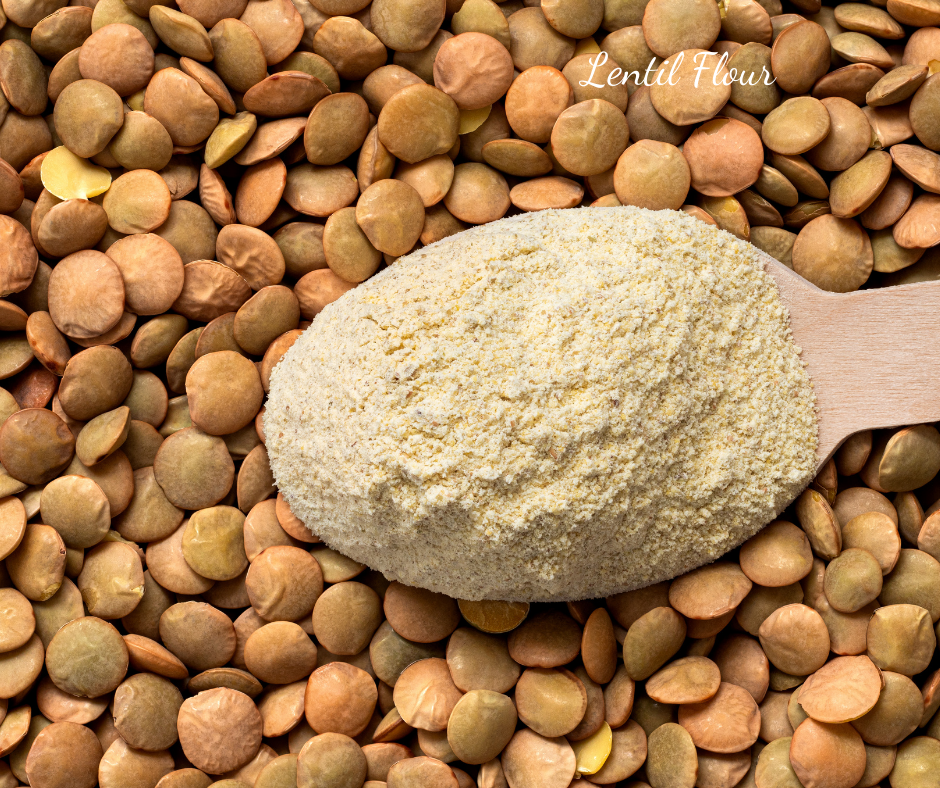
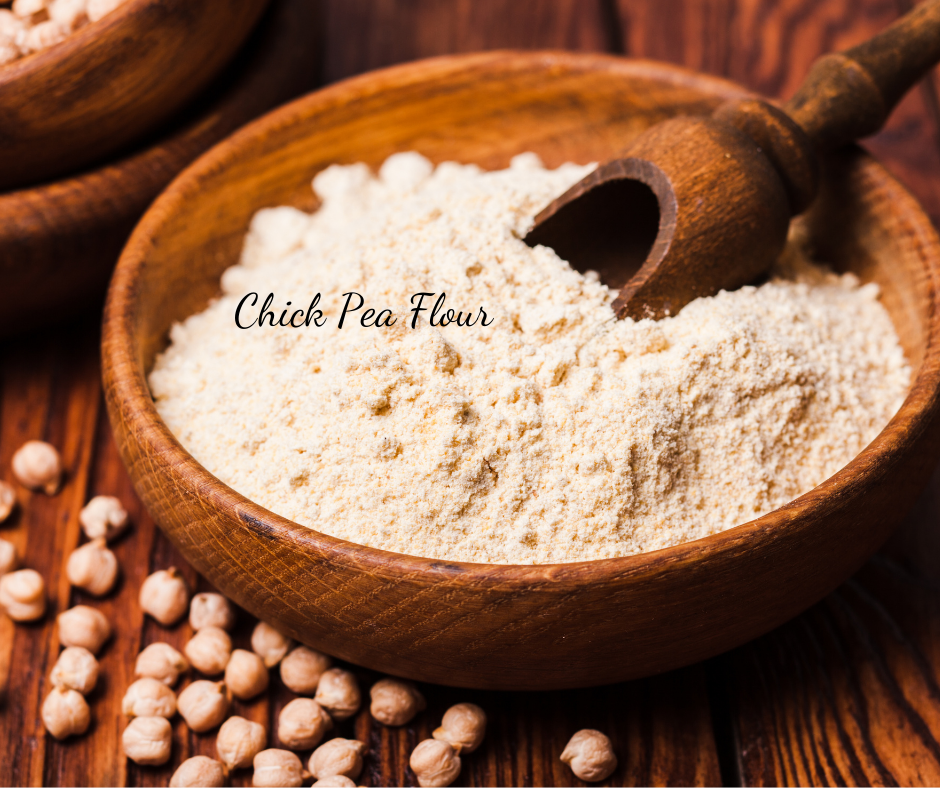
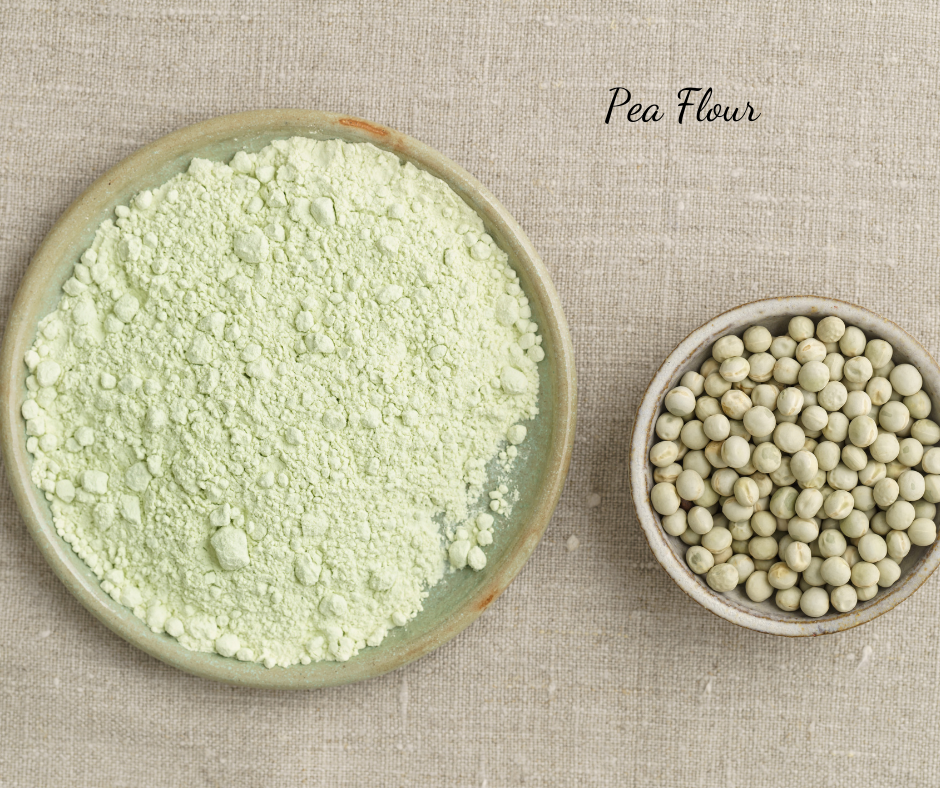
Pulse/Legume Flours
- Chickpea Flour: high in fiber and protein, often used in gluten-free recipes. It's great for constipation or firming up diarrhea but has a nutty taste and not loved by all dogs. It's a heavier flour so best to mix with another flour, like almond flour.
- Lentil Flour: is nutrient dense full of fiber and protein, a great source of iron with a low glycemic index so it's good for dogs trying to lose weight. As with anything, too much can upset your dog's stomach.
- Pea Flour: a rich plant-based protein, iron, calcium and protein. It's easy to use and most dogs like the taste but do not use if your dog is allergic to peas.
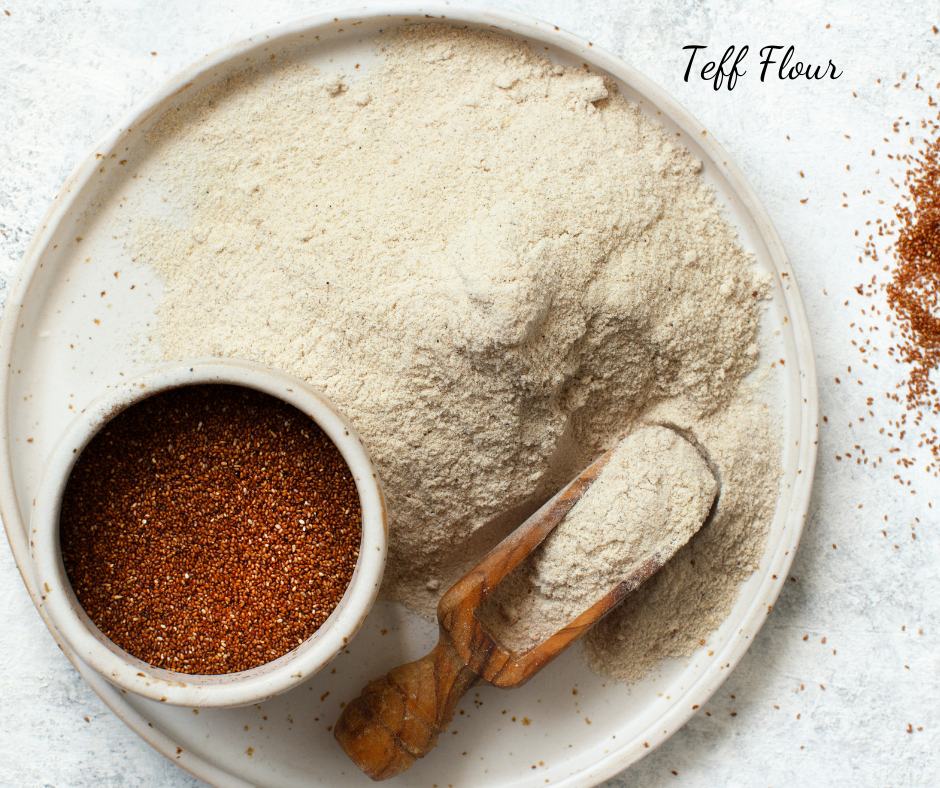
Pseudo Grain Flour
- Teff Flour: is rich in fiber and protein and can be easily mixed with other gluten-free flours. It is a great choice for dogs that have sensitive stomachs since it is high in fiber and gluten-free.
- Millet Flour: is not the highest in fiber or protein but has a great consistency to work with. It is a source of carbohydrates and is high in B-vitamins, phosphorus, and iron, and easier to digest than whole wheat. It is mostly a filler because of the lower nutritional values.
- Buckwheat Flour: is a great source of dietary fiber, carbohydrates, and plant proteins. It has been shown to lower blood sugar levels by 12-29% and could be beneficial when included in treats for dogs that have diabetes.
- Amaranth Flour: is rich in vitamins and fiber with many micronutrients and is gluten-free. This flour is expensive with a high glycemic index so not a good choice for dogs with diabetes. This flour has a grassy earthy taste. It's a heavier flour and best mixed with another flour.
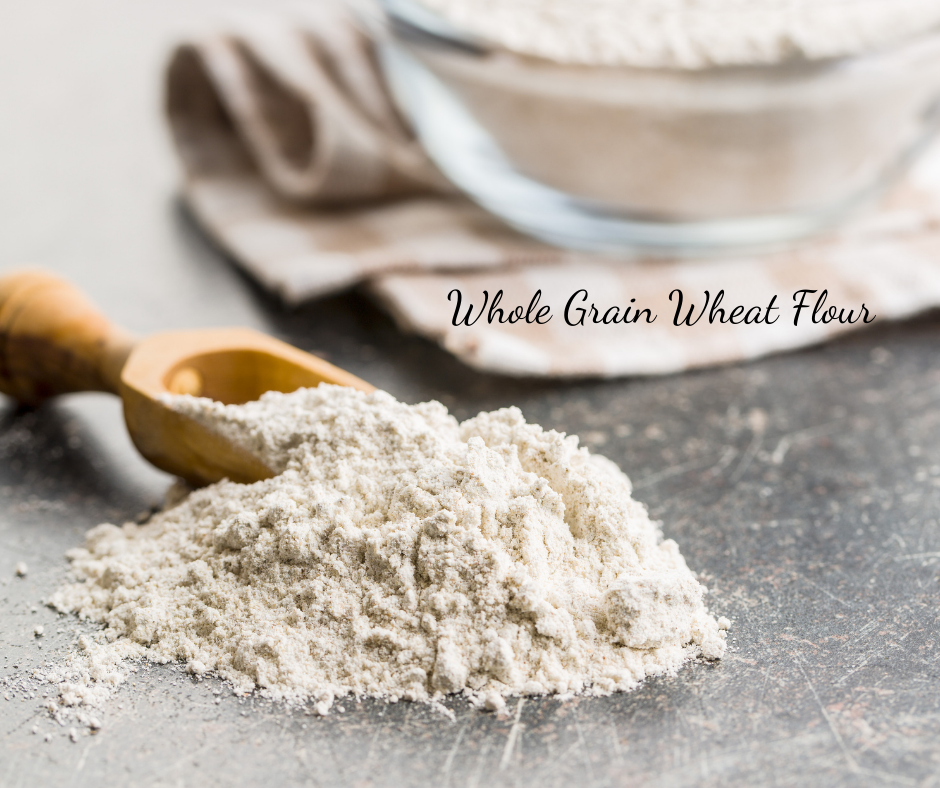
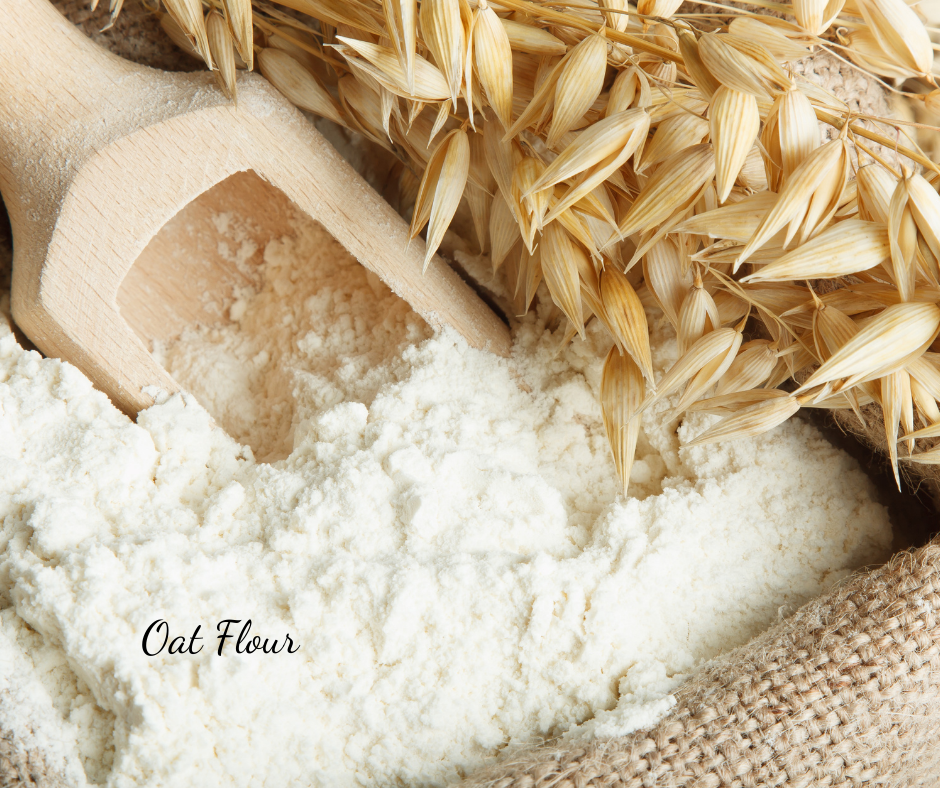
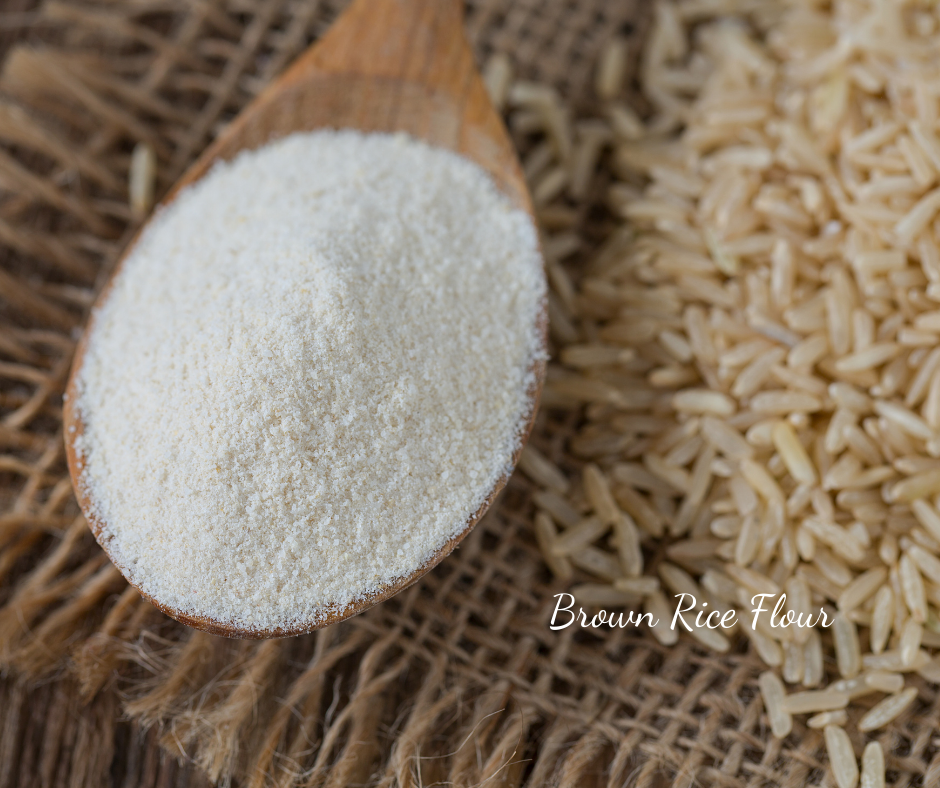
Grain Flours
- Brown Rice Flour: is easy to work with and may give similar results as regular white flour when baking. There is also not a strong taste to deter picky eaters.
- Oat Flour: has protein and fiber which makes it good for dogs that may have digestive upset with other flours. It has zero calories making it a great choice for pups on a diet. Don't use if your dog is allergic to oats.
- Sorghum Flour: is an ancient grain and is a good source of vitamins, minerals, plant-based proteins, and antioxidants. It has a super-fine texture and best used with other flours.
- Whole Grain Wheat Flour: is cost-effective and excellent for baking because it holds shapes well and is easy to work with. There is little taste so most dogs like it.
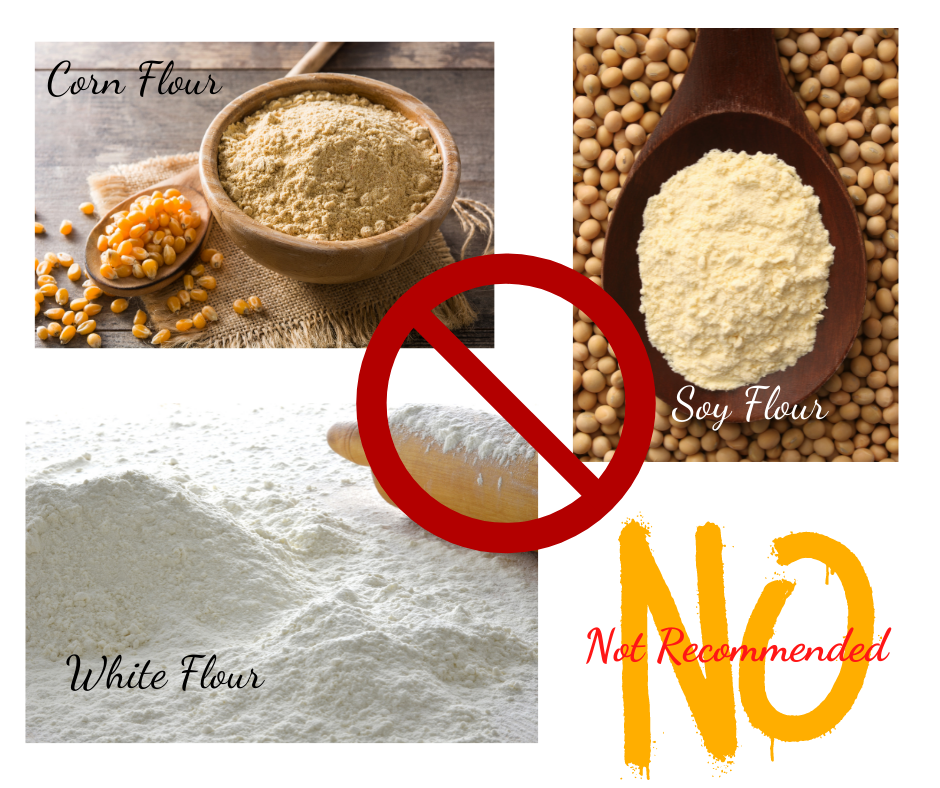
Flours To Avoid
- White Flour: no nutrient value for dogs.
- Soy Flour: processing not safe for dogs.
- Corn Flour: no nutrient value for dogs.
Check out some of our previous posts:
- Easter Treats For Your Pup :Treats for any occasion.
- Ingredient Splitting: What you need to know.
- Delight Your Dog With A Natural Treat
If you are looking for more information on feeding your dog, healthy dog foods and treats you can make and what to look for if you are using commercial dog food, then you will want to check this out.
